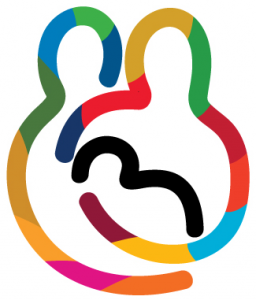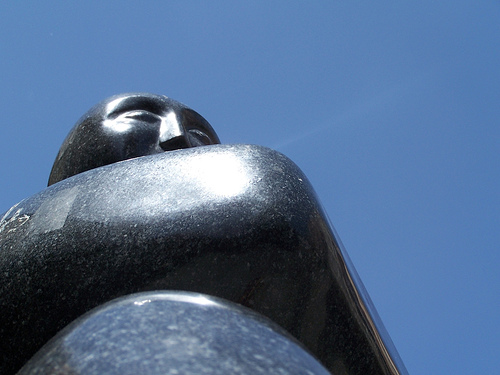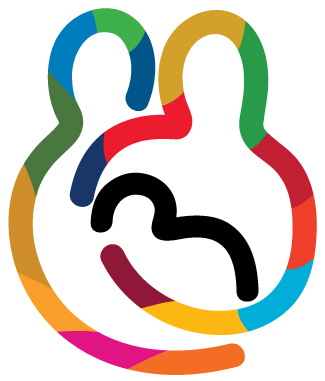Toni Pyke reflects on breastfeeding,  Feminism and social media during World Breastfeeding Week 2016 (1 – 7 August).
Feminism and social media during World Breastfeeding Week 2016 (1 – 7 August).
………………………………………………..
In what continues to be popularly referred to as the ‘developed’ ‘North’ or ‘West,’ we take it for granted that we have the freedom to exercise our democratic rights – rights that our forebearers fought so strongly to achieve.
Any basic historical search (and that does not mean Facebook) will show the long and hard struggle for women’s emancipation, for example, for racial freedom in former colonial states, or for democratic freedoms throughout the world.
However, this blog post isn’t about the ‘un’freedoms of the past around the world, it’s about the more than a century old fight for women’s human rights that continues today in the richest parts of the planet. And no, I won’t mention the loaded ‘F’ word – just yet – since for various reasons (with few fact laden realities, versus commentary or opinion) it incites all manner of emotions. However, in light of the continued – and unrelenting – ‘body shaming’ that is rising to epidemic levels across social media throughout the world, the ‘word’ at some stage needs to be spoken – and more importantly, understood.
As a mature-ing woman, I have had to face a complex reassertion of rights and identity during my lifetime. At this point as an educated, liberated woman and mother of two boys, I am finding it increasingly difficult to tolerate the social media outbursts that continue to regress the specific, historical, political and legal definitions of the human rights of women.

In the West/North, we have had decades of debate, movements, legislation, action, research, policies, programmes, etc., directed towards gender equality. And yet, as of today – 2nd August 2016 – there is still NOWHERE in the world that has achieved this goal. Even the Nordic countries that have the greatest record are between 0.881 and 0.823 (where 1.0 is full equality), where Sweden claims to be the “the first feminist government in the world.” Incidentally Ireland is in the Top 5 (out of 145 countries!) at 0.807. (In case you’re interested, check out the World Economic Forum Rankings for other countries rankings – the UK is ranked 18th in the world and the US is 28th).
Social media: a new vehicle for body shaming
Issues that grab our attention are relative and contextual and the majority of ‘stuff’ on social media passes me by. Yet one issue has consistently resurfaced in a variety of forms and appears to be openly and regularly attacked by internet ‘trolls’. In my ‘feeds’ (pardon the pun), the ‘debate’ around breastfeeding that continues to do the rounds on social media caught my attention and exposed the multiplicity of issues all focused once again on the female body.
I guess the reason these issues have caught my attention is my disbelief that here we are in 2016, nearly 2 centuries since our fore-mothers fought (and some died) for the rights of women and the mammoth achievements that Feminists have gained (notice I just slipped in the ‘word’), we are still ridiculing women’s bodies – even those still wearing their bra!
For the last couple of years, the negative association of women’s “mammary appendages” (breasts, boobs, etc.) for feeding their babies just hasn’t gone away. If anything it’s intensified. It’s even set Adele against Jamie Oliver.
It’s the subject of many ‘viral’ videos with some reaching 50 million hits! Photos of breastfeeding mothers were (bizarrely) banned on Facebook at one point.
It certainly isn’t a new debate, it’s just that social media has now provided a public-wide platform for uniformed and unnecessary global shaming (for an excellent presentation of the realities around public shaming of women’s bodies I’d recommend read The Vagenda: A zero tolerance guide to the Media by Holly Baxter and Rhiannon Lucy Cosslett).
It is a heated public debate that sadly demonstrates Western societies views of women – by men and women. As one social experiment shows, it’s not the fact that women expose their breasts that is the issue, rather their functionality!
Even photographs of children simulating breastfeeding is deemed ‘pornographic’ material or ‘child abuse.’ Clearly these social media ‘commentators’ aren’t on Facebook every day to experience how sexuality is sold on products and services on a daily basis or they’d have a much more acute understanding of what pornography really is.
Breastfeeding: the facts
Some breastfeeding mothers are publicly assaulted, abused, humiliated, discriminated (…I could go on) throughout ‘Developed’ societies, for accessing their reproductive rights (and dare I say biologically functional capacity) and providing their children with their basic human right to food. It’s a simple as that.
The facts around breastfeeding are undisputed – it is important for babies to be ‘exclusively’ breastfed during the first six months of life “to achieve optimal growth, development and health” (the World Health Organisation). Nowhere is this more critical than in developing countries where breastfeeding is not a choice but a necessity. I do understand it’s a sensitive subject for some mothers who find it difficult to breastfeed their babies – and I was one of them. But that does not give me the right to oppress other women who want and are able to do so.
The functionality of women’s breasts however are not the only ‘issue’ trolled on social media. There are incessant ‘hate feeds’ that relate to women’s body shape, size, colour, age, etc., that are unrelenting and bordering on inciting hatred, wherever is necessary.
The return of Feminism
Thanks to Emma Watson (and UN WOMEN), the ‘word’ Feminism is well and truly back on the global agenda, being debated, defended and debased – all at the same time. Even the Canadian Prime Minister Justin Trudea described himself as a feminist and the importance of this to society, (he also indicated the public backlash every time he makes mention of the word).
While I don’t fully subscribe to Watson’s definition of the word or the UN suggestions for combating women’s oppression, I am grateful at least to have the issues back on the table, even if it’s mostly around equal pay and makes no mention of the wider issues at play for women of the world in developing countries.
I was listening to one such debate on a BBC world service radio programme recently which explored the definition and relevance of Feminism in contemporary society. What it revealed to me is that we have lost the historical and political meaning of Feminism, revealing a dire need to revisit and reform not only the ‘term’ but its context and realities. The complexities of our understandings and appreciation around the issues that have surfaced since Bruce Jenner’s public transformation into Caitlyn Jenner, for example, is confirmation of this.
It is up to each of us individually to find out about the historical, political, social, geographic, racial, etc., understandings of women’s rights and global feminism – I do warn that it is complex. Yet, at the same time, it doesn’t have to be.
I’ll leave you with Justin Trudeau’s motivation for supporting the global feminist agenda, and ask you where you might see yourself in the debate:
“If you’re a progressive, you really should be a feminist because it’s about equality, it’s about respect, it’s about making the best of the world that we have… Quite frankly I talk about the fact that I’m a feminist as often as I can, and every time I do it gets huge reaction and media reacts and the Twitterverse explodes and things like that, because here I am saying I’m a feminist. I will keep saying that until there is no more reaction to that when I say it, because that’s where we want to get to.”

